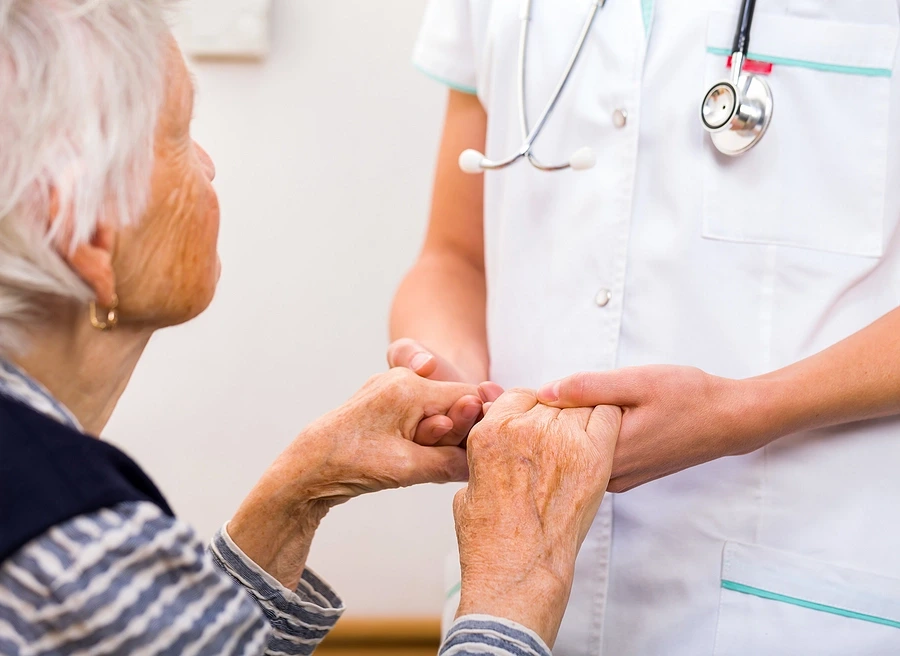Why Timely Reporting Protects South Carolina Nursing Home Residents

South Carolina licenses nearly two hundred nursing homes, and most provide careful, compassionate service. Even so, state investigators still confirm hundreds of abuse, neglect, and exploitation allegations every year. Physical injuries, untreated bedsores, medication errors, and financial manipulation remain the most frequent findings. Every incident erodes public trust and—more importantly—can shorten a resident’s life. By alerting oversight agencies as soon as trouble appears, families help stop the harm before it spreads and create a paper trail that supports a nursing home abuse claim when one is needed.
Common red flags family members notice first
Loved ones often spot the earliest signs of mistreatment during routine visits. Unexplained bruises, sudden weight loss, soiled clothing, or a dramatic change in mood deserve immediate attention. Keep watch for broken personal items, call bells that go unanswered, unexplained withdrawals from bank accounts, or staff members who refuse to leave you alone with the resident. Any single clue may have an innocent explanation, yet patterns hint that something systemic is wrong. Document the time, date, and what you observed—even short notes on a phone can later become valuable evidence.
Mandatory reporters and voluntary reporters under state law
South Carolina’s Omnibus Adult Protection Act lists doctors, nurses, healthcare facility employees, social workers, clergy, and law-enforcement officers as mandatory reporters. If these professionals suspect abuse, neglect, or exploitation, they must contact the proper investigative entity; failing to do so can lead to criminal charges and professional discipline. Everyone else—including relatives, friends, and visiting volunteers—may report voluntarily, and the law shields them from retaliation when they act in good faith. The statute encourages the public to err on the side of caution: no proof is required, only a reasonable belief that a vulnerable adult might be in danger.
Strict time frames and correct agencies for filing a complaint
The rules are clear and quick. A mandatory reporter must act within twenty-four hours or the next working day after suspicion arises. For incidents inside a licensed nursing facility, the report goes to the Long Term Care Ombudsman or to the South Carolina Department of Health and Environmental Control (DHEC). You can call the statewide Ombudsman line at 1-800-868-9095, file an online complaint through DHEC’s Healthcare Quality page, or contact local law enforcement if the resident faces immediate danger. Written or oral reports should include the resident’s name, the facility’s address, details of the incident, names of witnesses, and your own contact information.
Consequences of not acting for residents and for facilities
Silence allows abuse to escalate. Untreated infections can become sepsis; repeated falls can lead to permanent disability. From a legal standpoint, delayed reporting weakens a civil case because crucial medical records, eyewitness memories, and surveillance footage may vanish. Facilities that ignore or hide complaints risk monetary fines, increased federal monitoring, and civil liability. Staff members who fail to report can face misdemeanor charges, loss of licensure, and personal exposure in a lawsuit. Immediate action protects residents, preserves evidence, and signals to negligent operators that the public is watching.
Documentation that bolsters a personal injury lawsuit
South Carolina personal injury cases succeed when plaintiffs can prove duty, breach, causation, and damages. Your report—filed under the tight statutory deadline—establishes an official timeline that links harm to the facility’s conduct. Request copies of the investigative findings, medical charts, and any corrective-action plans issued by regulators. Keep personal notes, photographs of injuries or unsafe conditions, and dated receipts for out-of-pocket expenses such as hospital co-pays or transportation. Experienced counsel can weave these items into a compelling narrative that encourages insurers to settle or juries to award full compensation for medical costs, pain, suffering, and, in egregious cases, punitive damages.
Practical steps after you notify the authorities
Reporting is only the first step. Make sure the resident receives prompt medical attention from an outside provider, and share your suspicions with that clinician. Follow up with the Ombudsman’s office to learn the status of the investigation, and ask for written confirmation of any findings. Meet with a personal injury attorney who focuses on nursing home litigation; many offer free consultations and work on a contingency fee, so you pay nothing up front. Continue visiting the facility unannounced at different hours. Each visit reinforces oversight and reassures the resident that you remain engaged.
Conclusion
Abuse thrives in silence. When families, staff, and neighbors speak up, patterns of neglect break down and strong facilities emerge. The law gives South Carolinians both the right and the responsibility to report concerns quickly. By doing so, you safeguard vulnerable residents, deter negligent operators, and strengthen any future personal injury claim. Your single phone call or online form may be the reason a resident lives in comfort rather than fear. Acting today protects not just one loved one but every elder who calls a nursing home home.
